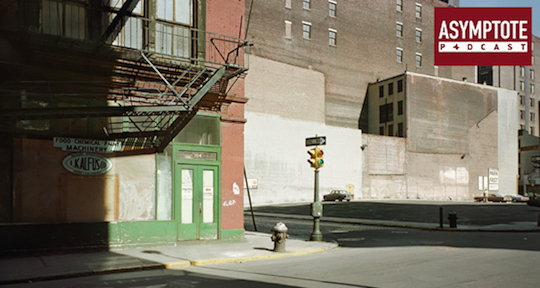This week, our editors around the world report on the exciting developments in publishing and journalism. From expressions of the free press to Nobel laureates, read on for the latest from the ground in world literature!
Peera Songkünnatham, Editor-at-Large, reporting from Thailand
Launching this week, the web publication series Justice in Translation brings together urgent works from Southeast Asian languages; its first releases include an incendiary poem about children’s rights translated from Malay, a short story about how to write about dispossession translated from Filipino, and essays on legal reform and educational equity translated from Indonesian. Part of a five-year initiative on Social Justice in Southeast Asia at the University of Wisconsin-Madison, the series brings the institutional capacity of the academy in sustaining the practice of translation as advocacy in the region, giving both international exposure and small honorariums.
What “international exposure” looks like is being reconfigured through digital academy-fueled efforts like this one. As the anti-dictatorship three-finger salute drawn from The Hunger Games has spilled over Thai borders to Myanmar and other countries, so has the “broad” English-speaking audience for domestic issues, which increasingly includes people in one’s neighboring countries.
And as the “Milk Tea Alliance” spreads beyond East Asia, a sense of transregional solidarity has also pervaded public works of scholarship. Last week, the Southeast Asia-focused academic blog New Mandala, hosted by the Australian National University’s Coral Bell School of Asia Pacific Affairs, announced a partnership with the Indo-Pacific-focused independent platform 9DashLine. One can hope to see more transregional essays such as this recent one by Show Ying Xin about literary translation in plurilingual Malaysia and Singapore, which troubles the distinction between translating “within” and translating “out.” READ MORE…





